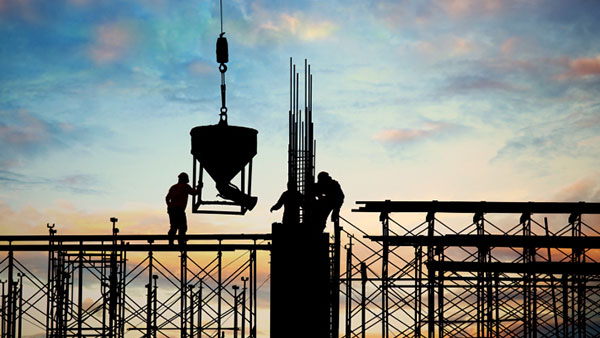
Contractors need to be able to rely on their surety bond program.
Despite challenges caused by the aftermath of COVID-related shutdowns and labor shortages, resilient contractors are gearing up to pursue new projects. Those pursuing public works projects or other bonded work will want to ask yourself: where do I stand with my surety?
Your capacity to qualify for the best terms on your surety bond program creates business opportunities for you and protects the interest of the community that depends on your work. In today’s environment nothing is certain, but there are ways you can enhance your surety position. These tips for contractors are valid for any business that does bonded work:
- Choose your partners wisely – Build a strong supporting cast around your business, including a good construction-oriented CPA firm, a reliable bank, a professional insurance and surety agent, and a predictable surety company with accessible, knowledgeable underwriters. Look for a surety with superior financial strength and a long-range focus on building a strong relationship with you.
- Keep lines of communication open – Taking out the element of surprise helps the surety build trust and confidence in your business. The sooner you provide financial results and other details, the sooner you and your surety can work together building your bond program.
- Plan for the future – Make sure your surety knows and understands your business plan. Nothing helps them better understand why a particular job or business opportunity makes sense. Make sure you have a thoughtful way to analyze project risks and a process to decide what kinds of risks your company is willing and not willing to tolerate.
- Manage your balance sheet – In good and bad economies, how well you prepare for challenging times can go a long way. Retain profit in your business; reduce dependence on bank debt; ramp up efforts to collect accounts receivable; and budget your overhead expenses to match realistic sales projections.
- Optimize your organization – Rapid sales growth or decline can be challenging for any contractor to manage. Contractors have spent so much energy looking for ways to reduce costs in recent years, you must now find ways to use your resources wisely and price your work with adequate margins.
So, as construction activity picks up, be disciplined and steadfast as you accumulate more work. It’s easy to understand why contractors fail in declining economies, but contractors can easily over-accelerate during economic recoveries, too.
Balance sheets may be thinner and organizations have to rebuild and make good hiring decisions. It’s important to maintain a lean operation, but it’s also critical you invest in the personnel and equipment needed to produce an exceptional project at completion. After all, that’s what your customers have come to know and expect.
This loss control information is advisory only. The author assumes no responsibility for management or control of loss control activities. Not all exposures are identified in this article. Neither The Cincinnati Insurance Company nor its affiliates or representatives offer tax or legal advice. Consult with your tax adviser or attorney about your specific situation.
